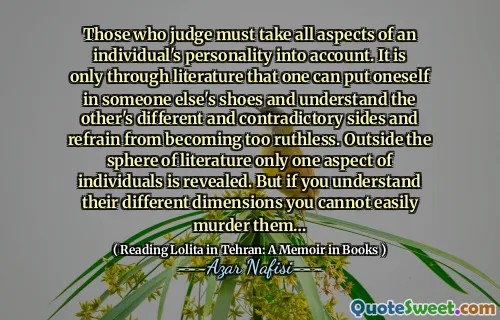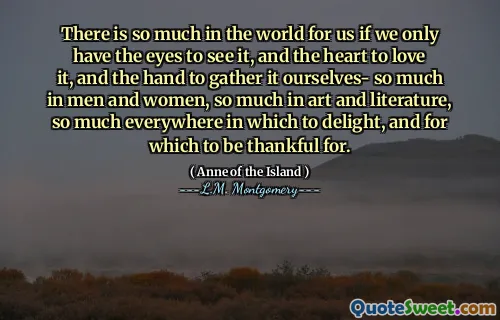
Autobiography begins with a sense of being alone. It is an orphan form.
John Berger's statement highlights the intrinsic solitary nature of autobiography. When one reflects on their life story, the act of recounting personal experiences inevitably draws attention to individual perception, internal thoughts, and unique moments that define one's identity. This solitude is fundamental because an autobiography is fundamentally a quest for understanding oneself in relation to the world, and this process often entails confronting feelings of isolation or being disconnected from others. The idea of autobiography as an orphan form suggests that it does not have an inherent lineage or tradition, making it a somewhat independent or even outsider genre within literature. It is created in a space where personal truth stands apart, unbound by conventional narratives or external validation. Writing one's life story is a deeply introspective act that requires the author to navigate through personal history, vulnerabilities, and sometimes unresolved conflicts. The sense of loneliness that accompanies autobiography is not merely about solitude but about embracing the idea that self-discovery and narrative construction are intimate, solitary journeys. This form allows for exploration of identity, memory, and meaning that might not be easily accessible or shared with others. Ultimately, Berger’s insight underscores the paradox that while autobiography involves sharing personal stories with readers, its foundation remains rooted in an individual's inward voyage—an orphaned craft that demands both independence and raw honesty.











